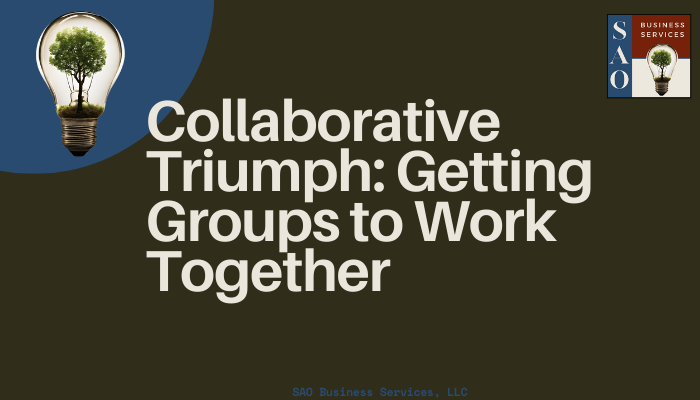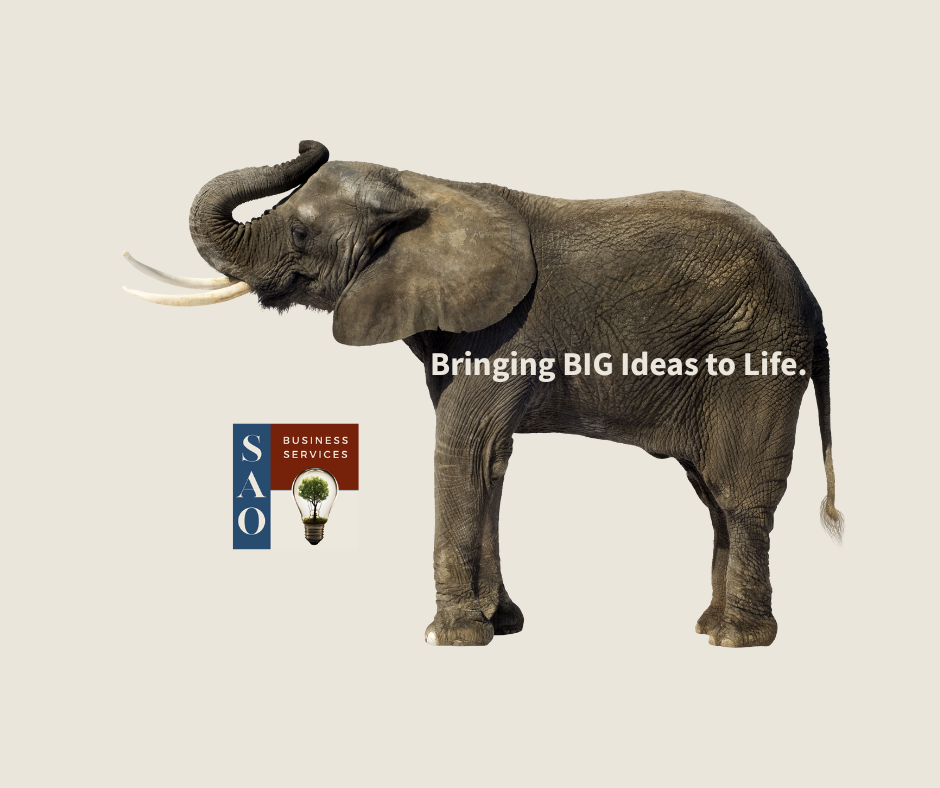We’ve all been there: stuck in a group project where opinions clash, communication fizzles, and productivity stalls. But it doesn’t have to be that way! Whether you’re leading a team at work, organizing a volunteer project, or coordinating a neighborhood initiative, harnessing the power of effective collaboration can turn frustrating experiences into triumphs.
So, how do you transform a group of individuals into a cohesive unit working towards a shared goal? Let’s explore some actionable tips:
1. Set Clear Goals & Expectations: Define the project’s objective, individual roles, and desired outcomes clearly from the outset. This fosters transparency, reduces confusion, and keeps everyone aligned.
2. Encourage Diverse Perspectives: Embrace individual strengths and viewpoints. Create a safe space for open communication and active listening, valuing everyone’s contribution to the bigger picture.
3. Build Trust & Psychological Safety: Foster a sense of mutual respect and understanding. Encourage team members to share openly, knowing their ideas and concerns will be heard and valued.
4. Leverage the Power of Technology: Utilize collaboration tools like shared documents, communication platforms, and project management software to streamline communication, document progress, and facilitate teamwork.
5. Prioritize Effective Communication: Establish clear communication channels, set meeting agendas, and ensure everyone feels comfortable voicing their opinions and asking questions. Regular updates and transparent decisions are key.
6. Don’t Forget the Fun Factor: Incorporate icebreakers, team-building activities, and social events to create a positive and engaging environment that fosters camaraderie and breaks down barriers.
7. Celebrate Successes & Acknowledge Efforts: Recognize and appreciate individual and collective achievements, both big and small. This motivates team members, reinforces positive behaviors, and strengthens group cohesion.
8. Embrace Conflict Constructively: View disagreements as opportunities for growth and learning. Encourage respectful, solution-oriented discussions instead of personal attacks.
9. Foster Ownership & Accountability: Empower team members to take ownership of their tasks and hold each other accountable for their contributions. This builds trust and responsibility within the group.
10. Be Flexible & Adaptive: Understand that group dynamics can evolve. Be prepared to adjust your approach, delegate tasks differently, and address challenges head-on to maintain momentum.
Remember, successful collaboration is a journey, not a destination. By implementing these tips and fostering a culture of open communication, mutual respect, and shared responsibility, you can transform your groups from a collection of individuals into a powerful force capable of achieving extraordinary things together.
Share your experiences and tips for getting groups to work together in the comments below! Let’s build a community of collaboration champions!




